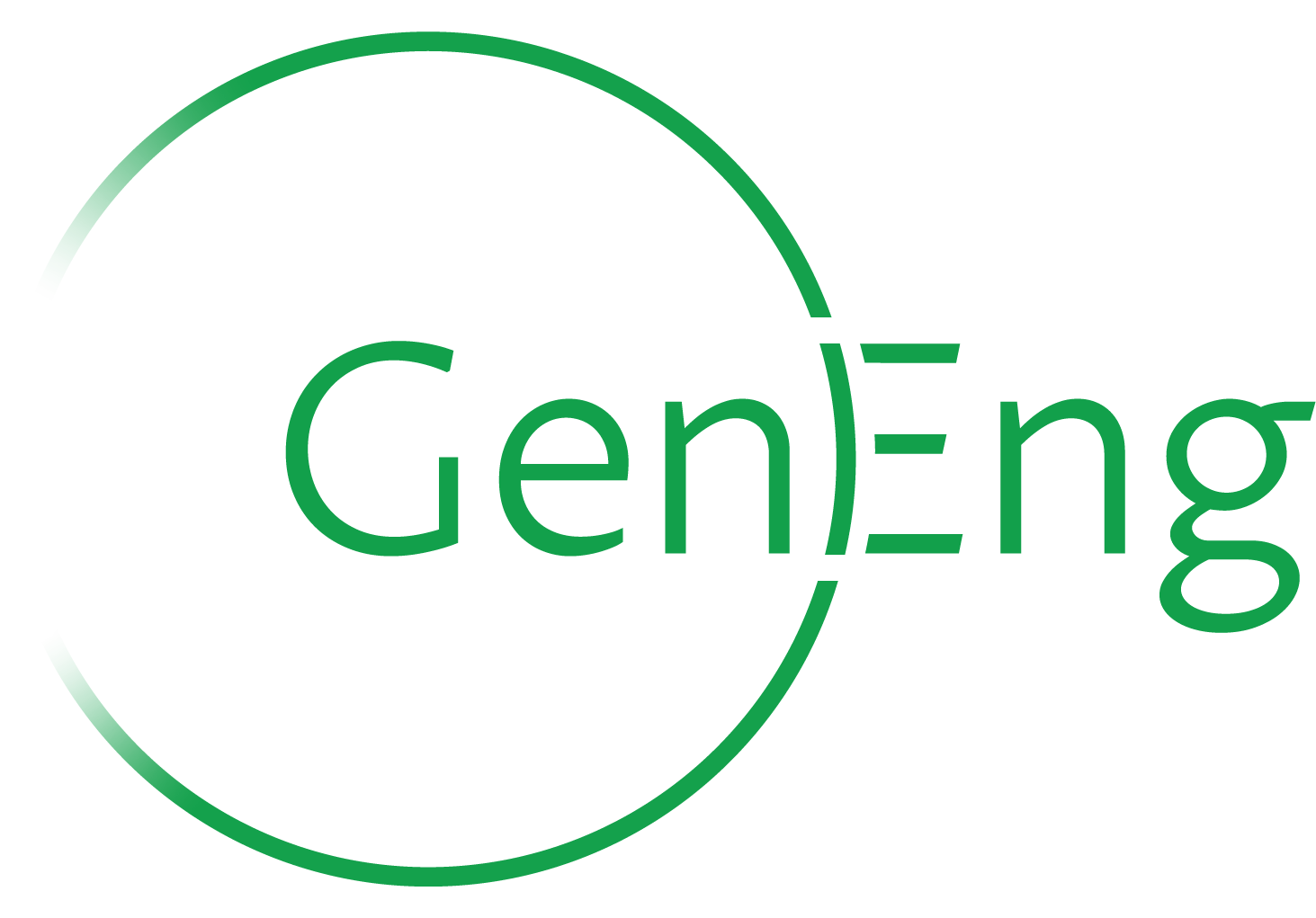The Central Highlands Regional Council (CHRC) was formed following the amalgamation of four shire councils in 2008. It now services a region that extends over 60,000 square kilometres, and maintains over 4600 km of roads, extensive parks and gardens and operates a broad range of community assets to provide services to the region’s communities.
Council has depots in five urban centres spread across the region with permanently deployed staff. All five depot facilities are a legacy of the previous shire councils and, in most cases, include mechanical workshop and store facilities. Independent workshop supervisors were managed under a central Coordinator based in Emerald, and resourcing of stores followed a similar model. Due to the geographic spread of these depots as well as workshops, stores and numerous work camps across the region, it was difficult to ensure that effective and efficient support of service delivery to the community was being achieved.
GenEng Solutions was appointed by Council to conduct a study of their depots, workshops, stores and camps focussing on Council’s ability to deliver services to the community in the most effective way, but with a secondary focus on identifying opportunities to improve service efficiencies through these facilities. At the completion of this study, we produced a five-year strategy.
Approach
GenEng staff conducted site visits to all major depots, workshops and stores, gathering details of depot layouts and facilities and interviewing key stakeholders from leading hands and supervisors, up to General Managers. Engagement with key stakeholders was a core component of the strategy development in order to obtain sufficient knowledge of Council’s service delivery, but to also have the key stakeholders involved in the strategy development process, resulting in greater ownership of change. With this in mind, a series of meetings and workshops were held to help consolidate findings and combine the knowledge held in each location.
To determine the viability of each depot, consideration was given to:
- The cost of travel between destinations
- The cost of down time if plant or equipment were not serviced/repaired quickly
- If there were similar commercial support services available nearby
- Where there were gaps in services.
It was determined through this process, that Council needed a series of useful, deliverable resource documents with specific recommendations for each facility.
Outcome
As GenEng has both operational and strategic management experience in Local Government, we have current knowledge of funding processes and what local government officers need to determine budgets and strategies that can be updated over time and with changing circumstances. Therefore, to help not only with Councils immediate needs, but also to guide strategic planning over time, we delivered the following:
- Site maps for each Depot
- A list of geographic spread determining distances and travel times
- Advice on staffing structure
- Advice on what services should be delivered in each location
- Layout plans for existing depot facilities
- Indicative, feasibility level costings
- Asset Management costs
Our report also provided a list of recommendations for the delivery of internal services through each depot, workshop, store and camp so that resources were used efficiently, and asset management costs could be reduced. This included numerous projects incorporating depot and camp facility improvements across the region, resulting in actions as simple as installing automatic gates at one depot to reduce theft, through to the commencement of a significant planning study for the major Emerald depot. It also resulted in increased output for work crews, with a more efficient use of work camps and less travel time required to jobs.

